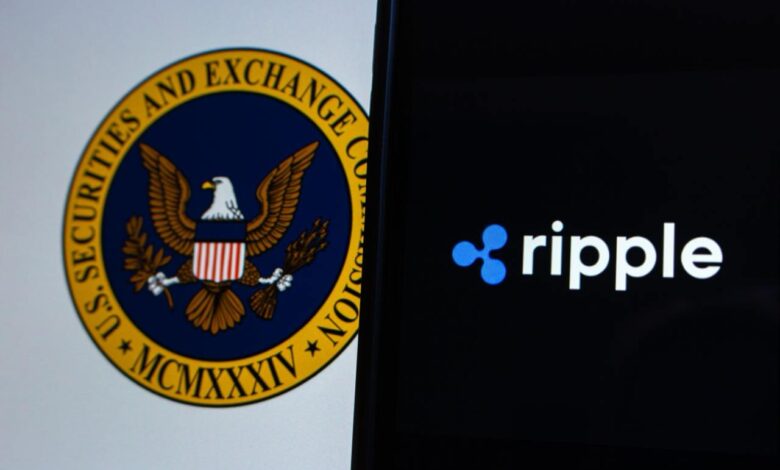
Ripple Expands U.S. Presence with New Money Transmitter Licenses
Renowned for its pioneering role in the blockchain industry, Ripple has made significant strides by securing Money Transmitter Licenses (MTLs) in two major U.S. states, New York and Texas. This strategic move is part of Ripple’s broader plan to enhance its domestic influence and operational scope within the United States.
Driving Demand for Real-Time Payment Solutions
Ripple’s acquisition of these licenses comes at a crucial juncture marked by increasing demand for compliant, real-time global payment solutions. The company officially announced this development on January 27, emphasizing the growing interest from financial institutions and crypto businesses seeking to leverage the advantages of cryptocurrency and blockchain technology for expedited, cost-effective, and round-the-clock cross-border transactions.
“We’re continuing to see more interest from financial institutions to crypto businesses that want to unlock the benefits of crypto and blockchain for faster, cost-efficient and 24/7 cross-border payments. Ripple is well-positioned to support companies who are ready to take advantage of the current landscape,” stated Joanie Xie, Managing Director of North America at Ripple.
Expanding Regulatory Approvals
With the addition of these new licenses, Ripple now holds over 50 MTLs across the U.S., bringing its total global regulatory approvals to more than 60. Key licenses include the New York BitLicense, a New York Limited Purpose Trust Company Charter, and a Major Payment Institution License from Singapore’s Monetary Authority, solidifying Ripple’s position as a compliant and reliable player in the financial technology space.
Adapting to a Shifting Regulatory Environment
The acquisition of these licenses coincides with a period of optimism within the U.S. cryptocurrency sector, fueled by a more favorable regulatory climate under the current administration. Reflecting on these changes, Ripple has noted significant shifts in U.S. cryptocurrency regulations, highlighted by the Securities and Exchange Commission’s (SEC) recent decision to withdraw a provision that would have imposed stringent requirements on banks offering crypto custody services.
Ripple acknowledges that the new administration’s approach signifies a growing recognition of the importance of digital asset innovation among policymakers and regulators. In line with these changes, the SEC has established a digital asset task force to create practical regulatory frameworks, signaling a potential positive shift for the industry.
Ripple’s Legal Challenges and Market Position
Despite these regulatory advancements, Ripple continues to navigate its legal battle with the SEC. The SEC accused Ripple of raising $1.3 billion through the unregistered sale of XRP, classifying it as a security. In 2023, Judge Analisa Torres ruled that while some XRP sales did not breach securities laws, direct sales to institutional investors were indeed securities contracts, leading to a $125 million fine for Ripple. The SEC has since appealed, citing conflicts with Supreme Court precedents, but there is anticipation for a resolution under the leadership of SEC Chair Paul Atkins.
XRP’s Market Performance and Future Outlook
Amidst the evolving regulatory landscape, XRP has managed to break free from a prolonged consolidation phase, previously stuck below the $1 threshold. As of the latest market data, XRP trades at $2.92, experiencing a 4.6% dip over the past 24 hours, with $3 identified as a critical resistance level in the short term.
Ripple’s recent acquisition of additional MTLs is expected to positively influence XRP’s price trajectory as it moves in sync with the broader cryptocurrency market.
“`







